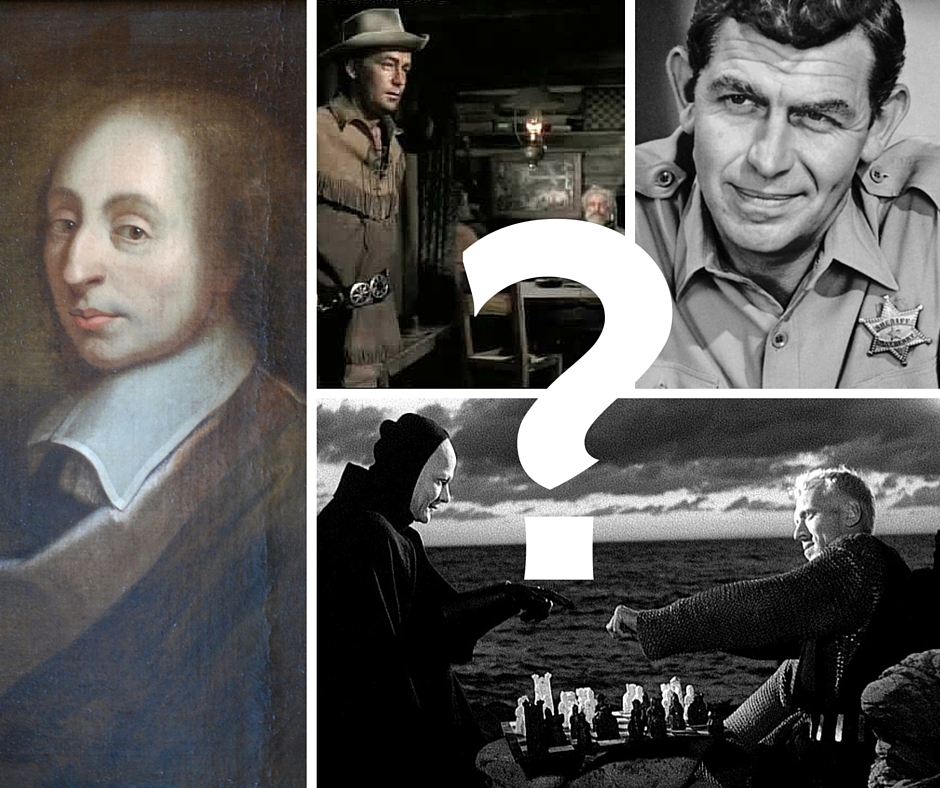Have you ever noticed the relationship between Cast Away and Back to the Future? Robert Zemeckis’ 1985 classic might not look like Cast Away but, in fact, they share a unique motif. Clocks and other references to time pervade the earlier film – which is fitting since it’s about time travel. Marty McFly finds himself trapped in the past, trying to get back to the present in a classic race against time.
But references to time also saturate Robert Zemeckis’ 2000 film. The opening FedEx logo proclaims “the world on time.” And it’s Chuck Noland’s purpose as a FedEx analyst to invent ways to beat the clock. Like a package himself, he’s rushed around the world to ensure that the system only ever speeds up. Clocks loom over events. Music taps out a quick time. But then Chuck is marooned on a deserted island with his only timepiece stopped. From here, there’s no conversation. No musical score. Not even the sound of insect or bird. Alone in the silence, Chuck finds all the time in the world. It’s a contrast which is foreshadowed in this opening shot. Here the slogan “the world on time” is rushed to the truck but then retrieved upside down and moved at a more leisurely pace. The film’s main idea.
But the island also represents a different time. Chuck arrives, overdressed and overweight, still planning on delivering those packages. But when the surf batters his one hope of escape, he makes a cave his home and let’s go all but a single delivery. He then makes a friend in an object that resembles an idol. And just in case we haven’t recognized the makings of a caveman, he’s shown painting on his cavern wall. When, at last, he resorts to this extremely primitive surgery, the film jumps four years where his transformation into a native is complete.
Do you see it? Chuck has gone back in time. He’s eroded back to the timeless existence of ancient man. And perhaps nothing speaks to that timelessness more than his charting of the annual course of the sun. The figure eight that it makes is our sign for infinity – eternity. Chuck has come to know the world before our enslavement to the clock. And it’s this earliest view of time which is key to his escape and return. To get back to the present in Back to the Future, Marty McFly must connect his time machine’s mast to a precisely clocked bolt of lightning. And Chuck likewise must release his mast at a precise turn in the season to harness the power of the wind.
But Chuck’s return, while echoing back to the future, is also different from Marty’s. Marty finds his present better than the way he left it while Chuck finds it’s moved on without him. And here in the difference lies the why of Chuck’s symbolic journey back in time.
There’s a great deal about Cast Away worth taking the time to see. Why the allusions to the Back to the Future? How does Wilson fit in? And what’s the significance of these film’s ending reference to roads?
I’ll be back next time with a continuation of my take on Cast Away. In the mean time subscribe, comment, and share. And check out some of my other videos.




















